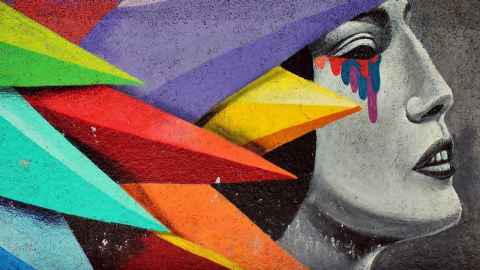
We raise intercultural understanding by researching language education, translation, film, literatures, history and religion in Asia, Europe and Latin America.
Discover our research
As historians, philosophers, theologians, poets, novelists and critics of art, theatre and literature, we all research the messy glory of being human.
Meet our scholars and creatives
From archaeologists to filmmakers to policymakers, our researchers explore power, inequality, conflict, youth, gender, technologies and creative expression.
Discover our research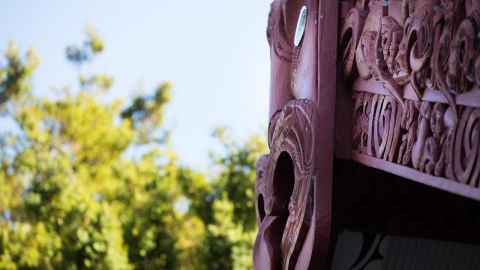
We draw on mātauranga Māori to create new knowledge, ideas and innovations for the benefit of Māori, iwi, local, national and global communities.
Our research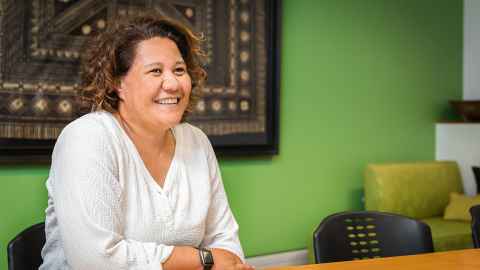
Our award-winning researchers increase understanding of the history, languages and contemporary life of Pacific communities in Aotearoa, the Pacific and beyond.
Discover our research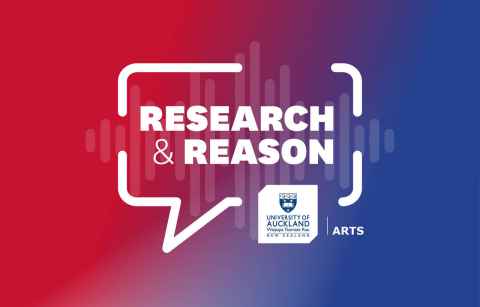
Explore research and perspectives from the Faculty of Arts and hear our academics discuss their findings and interesting topics.
Follow us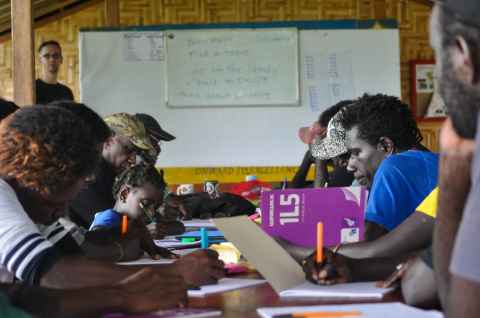
Our research leads to cultural, social, environmental, economic and health benefits for our communities, our nation, our region and our world.
See our impact
We are home to a range of specialist and cross-disciplinary research centres.
Visit our centres
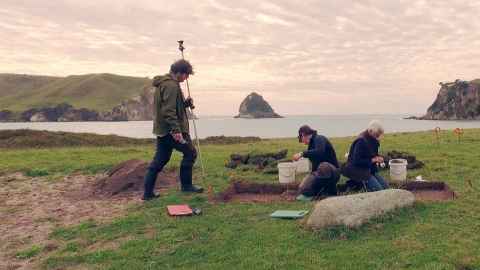
Browse the research interests of our academic staff in our expertise database.
Browse our expertise